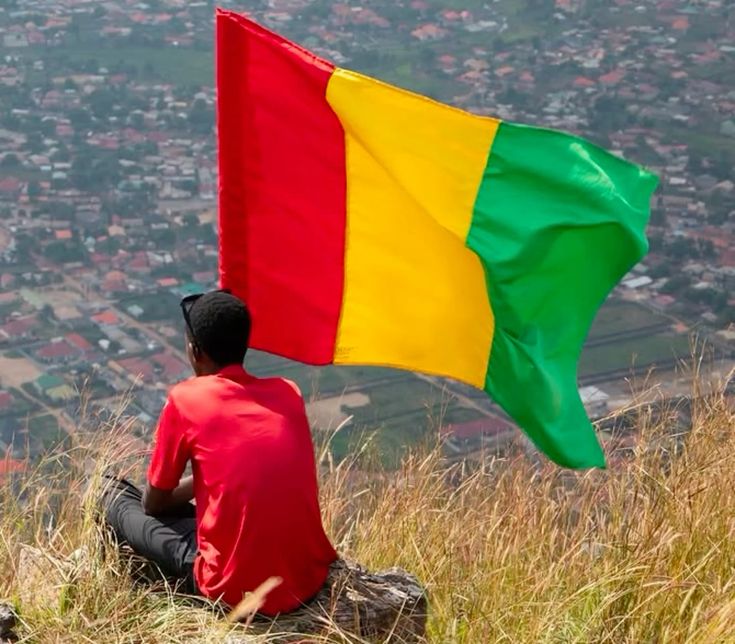In 1958, most French colonies voted to accept France’s new constitution and remain in the French Community, choosing gradual autonomy while keeping close ties to Paris. Meanwhile, Guinea took a different path. It rejected the offer, defied Paris, and voted for immediate independence.
On October 2, 1958, Guinea declared full independence from France, the only French colony in Africa to reject membership in the French Community.
The move marked a turning point in Africa’s decolonization, often described by historians as the moment the first domino fell and once Guinea broke away, other colonies quickly followed.
The referendum held on September 28, 1958 asked French colonies whether to adopt France’s new constitution or reject it and demand full independence. Guinea was the only territory in Francophone Africa to vote “NO” signaling a clear stance against the proposed change. “There is no dignity without freedom: we prefer freedom in poverty to riches in slavery,” – Ahmed Sekou Toure famously told crowds during de Gaulle’s visit before a referendum rejected the French offer.
Before 1958, Ahmed Sékou Touré and his Democratic Party of Guinea (PDG) had built deep grassroots support. Their message was simple but powerful and it meant independence should mean full sovereignty not a subordinate place within France’s political system.
The Outcome of The Vote
After Guinea’s vote, France retaliated almost instantly. French officials, aid workers, and technical staff withdrew within days. Most of the colonial infrastructure from offices and communications to basic services like plumbing and electricity was dismantled or sabotaged, leaving Guinea in harsh economic isolation.
But Guinea stood its ground and on October 2, 1958, it declared independence, with Sékou Touré as president. At that moment, Guinea became the only French colony in sub-Saharan Africa to reject the French Community and choose full self-rule.
Guinea’s bold choice proved that colonial rule could be refused, sovereignty can be asserted, and the consequences can be endured.
By 1960, many French African territories that had first joined the French Community, including Mali, Senegal, and Côte d’Ivoire began declaring full independence. What started with Guinea’s ‘No’ vote quickly grew into a wave that swept across the continent.
CONCLUSION
Guinea demonstrated what bold leadership could achieve. Its stand forced colonial powers and independence movements to rethink their strategies and other colonies were able to see that political freedom was possible.
Today, Guinea’s ‘‘NO’’ vote is remembered not just as a date in history, but as a symbol of defiance, dignity, and cultural pride. It shows that decolonization was about reclaiming voice, identity, and self-definition.
Happy Independence Day, Guinea. On this day, we remember how one bold decision reshaped not only a nation’s future but also for other continents.

